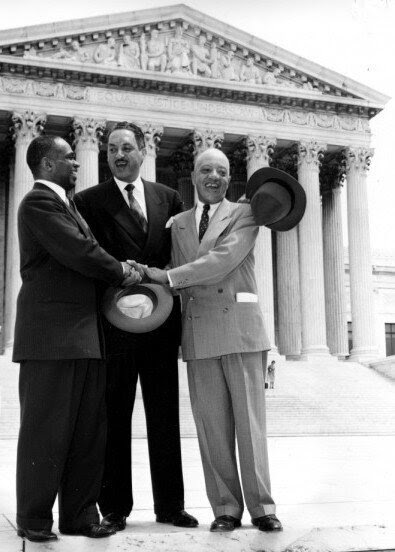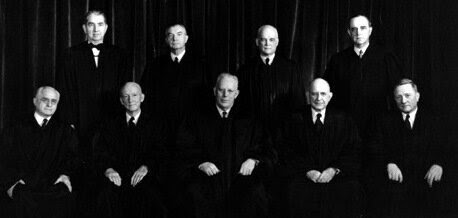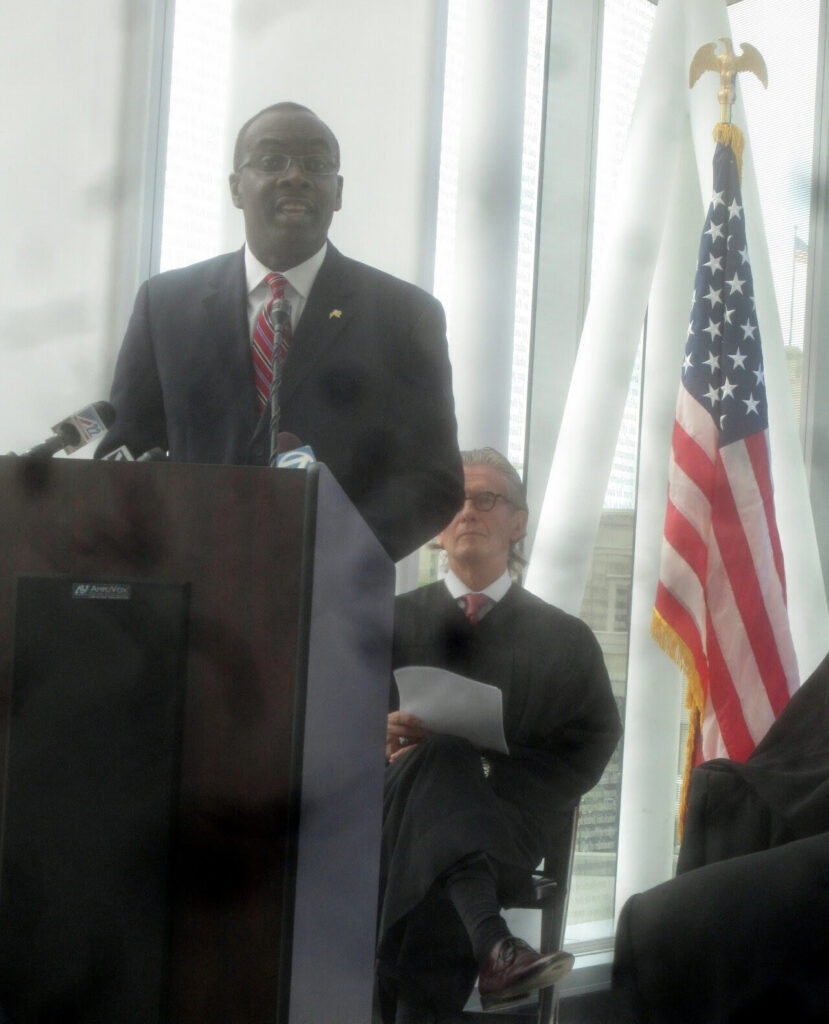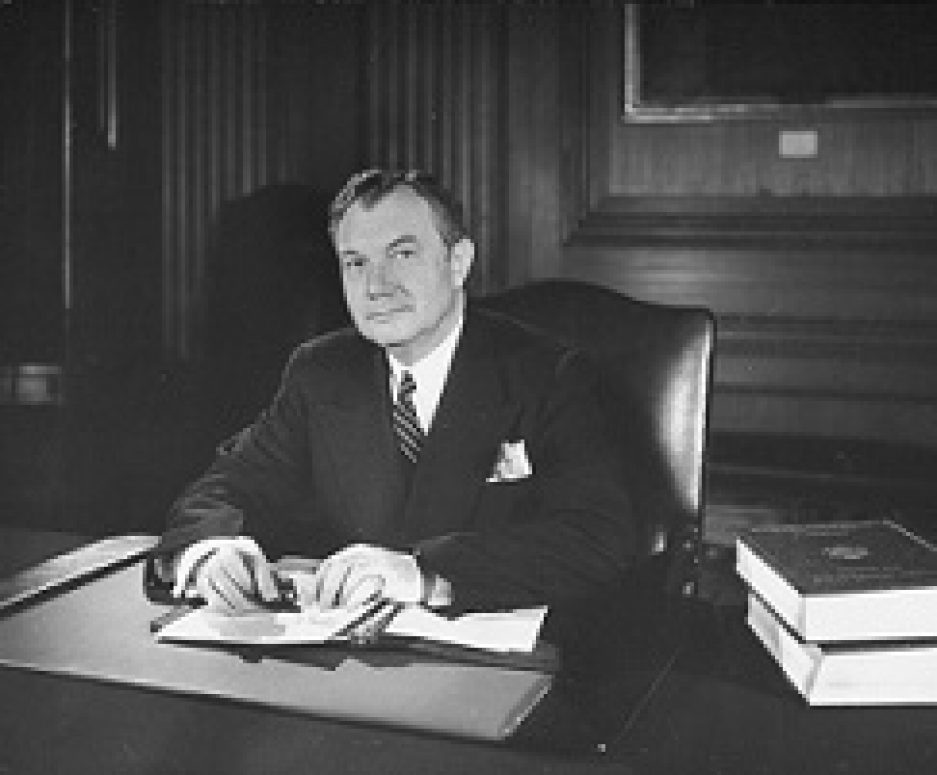Today marks the sixty-eighth anniversary of the United States Supreme Court’s May 17, 1954, decisions in Brown v. Board of Education and its companion cases.
Those decisions are among the most important legal events in U.S. history.
They also are, as examples of the U.S. government standing up for the equality that is the U.S. Constitution’s command and its moral core, vital examples for the country today—for all of its people, and for our future.

In Brown, et al., the Supreme Court—Chief Justice Earl Warren and eight Associate Justices, including Robert H. Jackson—held unanimously that government segregation by race of school children was, henceforth, barred by the U.S. Constitution. The Court declared that state government school segregation was barred by the Fourteenth Amendment’s Equal Protection Clause, and that federal government school segregation was barred by the Fifth Amendment’s Due Process Clause.

Today’s Brown anniversary occurs as the U.S. is looking, I hope very hard, at the realities of racist, anti-Black murders two days ago in Buffalo, New York.
In due course, that killer will be prosecuted at the Robert H. Jackson United States Courthouse in Buffalo.

Please see that those crimes were acts of racial segregation—a person, ignorant, empowered horribly, doing evil, inflicting suffering and death, based on beliefs in racial inequality.
Please reread Brown. Please see it as a high moment when nine justices, persuaded by extraordinary lawyers and by the facts that the justices knew in their own lives, saw racism around them and in government and stood up against it because, legally and morally, that was right.
And then, please, become more American by doing the same.
* * *
For Brown Day reading, here are the decisions:
- Brown v. Board of Education of Topeka, Kansas (and companion cases from Delaware, South Carolina, and Virginia — the State cases); and
- Bolling v. Sharpe (from the District of Columbia — the Federal case).
And click this link to get to relevant pieces in the Jackson List archive, including:
- from 2010, “May 17, 1954”;
- from 2011, “Brown Day,” about winning attorney Thurgood Marshall; and
- from 2018, “Nine Votes, Nine Present: The Unanimity of Brown v. Board of Education.”
